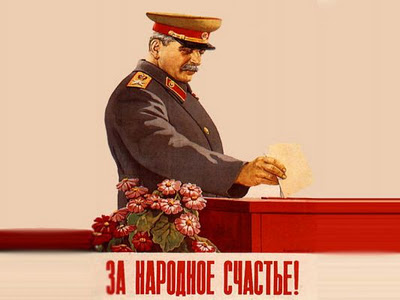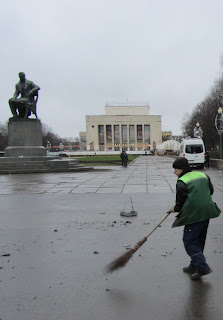In December 1917, some six weeks after the start of the chaotic Bolshevik Revolution, Grand Duke Pavel Alexandrovich Romanov received a horde of uninvited guests. Revolutionary soldiers arrived at his palace with orders to destroy his vast collection of wine. For hours, bottles were smashed (and stolen), Madeira, Burgundy and Bordeaux flowed in rivers, glass shards glittered, Red soldiers lay drunk in the snow.
 This was the first destruction of property endured by the Grand Duke, but certainly not the last. Eventually, some months after his magnificent palace was seized, Pavel was arrested, imprisoned, and then shot along with three other Grand Dukes in Petersburg's Peter and Paul Fortress in December 1918.
This was the first destruction of property endured by the Grand Duke, but certainly not the last. Eventually, some months after his magnificent palace was seized, Pavel was arrested, imprisoned, and then shot along with three other Grand Dukes in Petersburg's Peter and Paul Fortress in December 1918. Interestingly, the Grand Duke himself had been banished by the Tsar in 1902 on account of his second marriage to a divorced woman who was not a princess of royal blood. The couple spent twelve years in exile -- although in Paris, not Siberia -- and returned to Petersburg amidst the patriotic fervor accompanying the outbreak of World War I. Had they but stayed in la belle France what horrors they would have escaped!
In another roulettian twist, Pavel's son Dmitri by his first marriage had also been exiled by the Tsar -- to Persia as punishment for his part in the murder of Rasputin in 1916. When the Grand Duke attempted to intervene on behalf of his son, the Tsar coolly responded, "I do not give pardons to assassins." Ironically, this banishment, a disaster at the time, meant that Dmitri, unlike his father, survived the revolutionary terror.
 Meanwhile, Tour Guide Natasha takes me and an acquaintance from Moscow to visit two of her friends who live in an artistically atmospheric basement apartment with curved arches and rounded ceilings. We have four bottles of Merlot between the five of us, which seems like a reasonable ratio. It's chilly, so we make mulled wine, complete with fruit and spices, in a pot on their handy hot plate.
Meanwhile, Tour Guide Natasha takes me and an acquaintance from Moscow to visit two of her friends who live in an artistically atmospheric basement apartment with curved arches and rounded ceilings. We have four bottles of Merlot between the five of us, which seems like a reasonable ratio. It's chilly, so we make mulled wine, complete with fruit and spices, in a pot on their handy hot plate. As we sip the results of our labor, Tour Guide Inna and Roommate Masha discuss how best to obtain future security.
"Marry well, my dears," advises Natasha.
"Marry well?" they answer in chorus with eyebrows raised.
"Of course. What's the use of marrying poorly?" responds Natasha.
 "Ach, Natasha, marry well? Who can know? No, no, it's less risky to rely on the miserable government pension than on marrying well."
"Ach, Natasha, marry well? Who can know? No, no, it's less risky to rely on the miserable government pension than on marrying well."It turns out that Masha and Inna are both in their thirties, and Natasha laughs, saying "Girls, girls, who knows if pensions will even exist by the time you retire! And anyway, the world is supposed to end this year, right?"
This is a convincing argument, and Inna says, "So what are we worrying about? If we survive, we'll figure out what to do next year. More wine for everyone!"
So how many bottles are in a Grand Duke's wine cellar? Grand Duke Pavel estimated six thousand. Actual count: TEN THOUSAND BOTTLES.




































